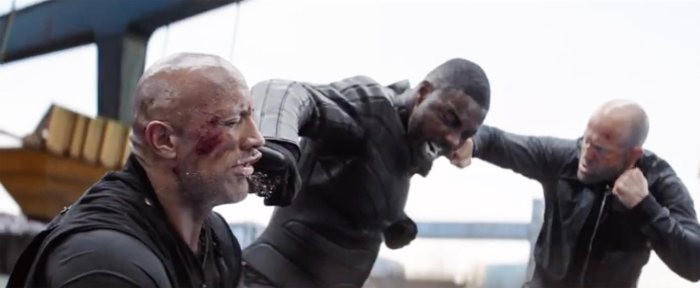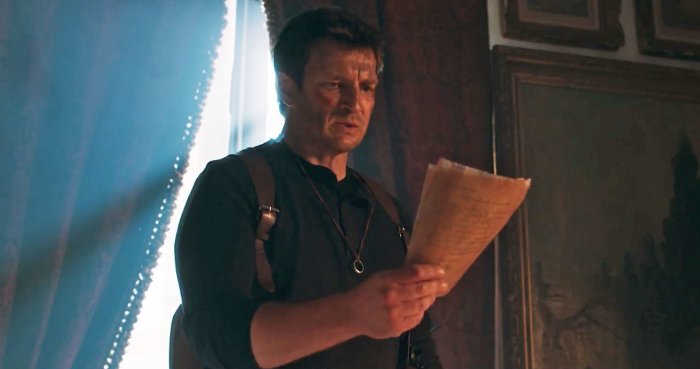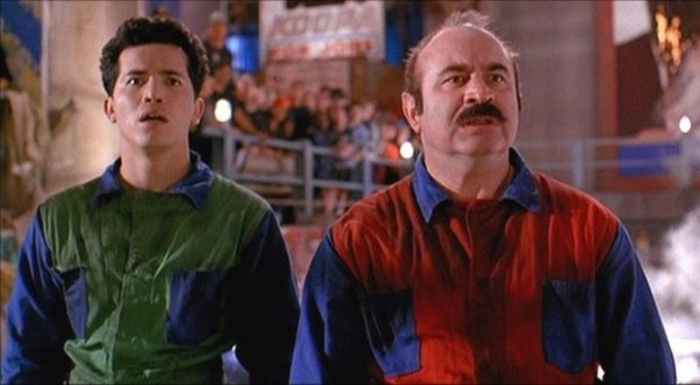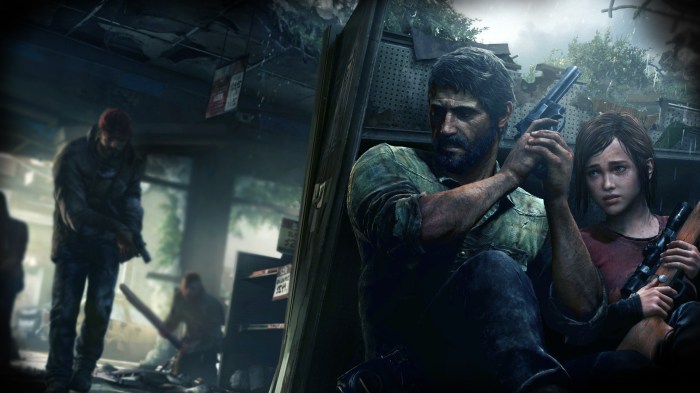Inasmuch as I’d like to write a diatribe about Tiger King this week (I finished it this past Sunday), it’s unlikely that I’d be able to say anything interesting about it that you didn’t already know, especially given that Joel McHale swooped in with some postgame analysis of his own on Easter Sunday. Instead, I’m again rotating away from current movies/shows here in the time of coronavirus and whiling away a few hundred (or thousand, we’ll see where this goes) words on another deep-divey, or dare I say clickbait-y question, in this case: what is this generation’s Star Wars? When I talk about Star Wars, I’m really only referring to the original trilogy (Episodes 4, 5, and 6), mostly because those were the ones that were such a cultural event/game-changer in the world of cinema, and also because those are the films from a galaxy far, far away that took place at such a time that they could belong to a generation that’s not mine. An initial subquestion that I feel is worth asking, though, is: does our generation even have a Star Wars? Can any future generation have one? At the end of the day, an eventual answer to this question may simply be that there’s only one Star Wars, and that its sheer incalculable effect on pop culture as we know it is unmatched and likely can never be matched. Let’s crack on anyhow.

Tfw you helped put away an insane gun-toting meth head exotic animals dealer for a myriad of crimes including attempted murder.
With all of this in mind, at first blush a lot of people could be inclined to cite the MCU as a cultural touchstone of similar magnitude, and there’s no doubt that decades from now there’s a good chance we’ll all be talking about Iron Man the way our parents and grandparents talk about A New Hope. However, a critical difference – at least I think – between Star Wars and the comic book franchise that has essentially ruled the box office with an iron fist for over a decade is that Star Wars actually ended. Now, these days that statement is up for debate for sure, both because of the prequel trilogy of the oughts and the sequel trilogy that just wrapped up with The Rise of Skywalker, but what’s clear is that for 15 years or so, the story did end, and at this point I’m skeptical at best that the MCU, profit machine as it is, will ever experience such a hiatus. Endgame surely provided a climax and a conclusion to the so-called Infinity Saga that’s on par with that of Return of the Jedi and the Rebellion’s ultimate victory over the Empire, but I suspect that we’ll find in a year or less that it was also careful to set up another immediate 10-15 years worth of films in some subtle way, and in spite of the eventual release of The Force Awakens and the subsequent devaluation of the Battle of Endor, that’s something that Star Wars, at least initially, never did.

Without a doubt one of modern cinema’s greatest moments, but we need a chance for it to breathe before we can look back on it fondly, and there’s little hope of Marvel ever giving us that.
When we think back on films that changed the game, or better yet for the purposes of this discussion, franchises that changed the game, we often think of trilogies that had final destinations. The original Star Wars trilogy, The Godfather, even Back to the Future. And I’m not here primarily to lament the current situation in Hollywood, as I feel like I often do, which is that moneymaking franchises are being designed to never end, or even if they’re not designed to be that way, they end up that way anyways. But I do think it’s part of the equation here. Mega-players like Pirates of the Caribbean, which certainly isn’t on par with Star Wars and never was, started with charm and are souring with each additional installment. The MCU, Transformers, The Fast and the Furious, X-Men, and many other such worlds aren’t being allowed to die, or at the very least aren’t being given hibernation periods (like the Bond franchise and Batman, both multi-generational properties no doubt, smartly do) to allow for any semblance of nostalgia. Even Jurassic Park is a bit of a fringe candidate here, as the first film was certainly a touch point in the art form, but subsequent installments were lackluster, even before the recent reboot. Assuming that some kind of finality is a component of this discussion that has any level of importance, then, we’re left with very little, but let’s plow ahead anyways and look at universes with some kind of terminus.
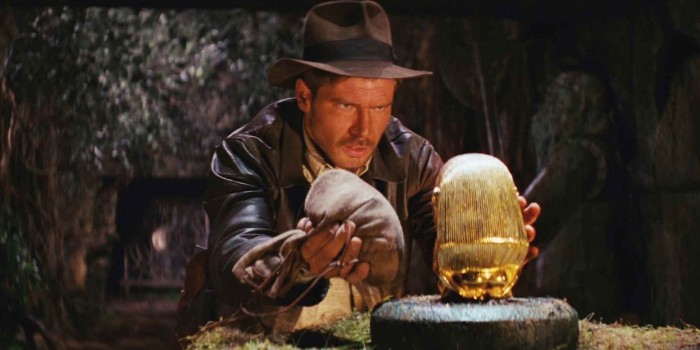
Indiana Jones: the latest franchise to be unearthed for monetary gain with little regard for the sanctity of the character.
Specifically focusing on trilogies for a second, two that would come to mind are The Matrix (definitely at least something of a game-changer in the action genre, especially in the sense of visual effects) and The Lord of the Rings, which was both a commercial and critical success, arguably a phenomenon, and debatably paved the way for later fantasy phenomenon like Game of Thrones by telling everyone that being at least a little bit of a nerd was just fine. While the former is marred by what was a lackluster conclusion, the latter in particular comes close to fitting the bill for sure, at least in my book, but I think to some extent that it could be argued that it lacked the originality that Star Wars had, which is another important factor here. Not only is The Lord of the Rings an adaptation of some admittedly great source material, but it’s also hardly the first fantasy epic ever attempted, and better yet it’s not even the first adaptation of said source material set to the screen. There’s also the Twilight trilogy and The Hunger Games trilogy, both of which bring me closer to the eventual answer that’s now present in my head but lack the widespread appeal that I believe Star Wars possesses; after all, I haven’t seen the second and third films in the Twilight saga (I’m unfortunate enough to have seen the first), and in spite of the fact that I’m maybe as far as possible from their target audience, I also love movies more than a lot of folks, and so that seems like a black mark on its record.
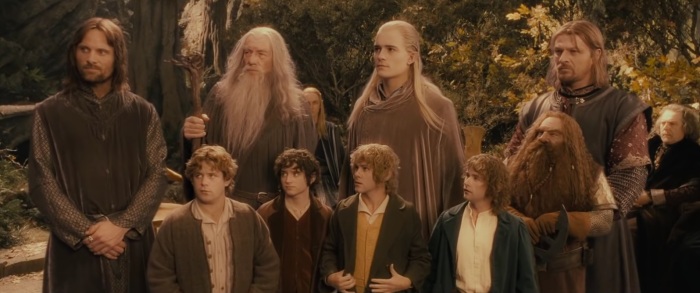
Anyways, you need people of intelligence on this sort of mission…quest…thing.
We’re now at the point where we need to acknowledge what I think is the answer, or is as close to the answer as we’re going to get, and it’s Harry Potter. While it does definitely have a bit of baggage in the originality department, and is these days dangerously close to upsetting its own self-contained nature, it’s probably the most significant phenomenon that I’ve mentioned here besides the MCU, and it undeniably flipped the script in various ways when it comes to film adaptations of novels, let alone young adult novels that were still in-progress when the cameras started rolling. The midnight premieres were bona fide events, the trailer hype was about as real as that of The Phantom Menace, and the institution of the silver screen quickly contributed further oomph to the addition of words like muggle and names like Voldemort to society’s everyday lexicon. It’s not remotely hard for me to imagine myself thirty years from now explaining the storytelling triumph that was the HP film saga (and also the book saga) to my kids, or better yet dusting off a DVD so I could watch it with them. Then again, at that point DVDs will probably be obsolete (they kind of already are) – we’ll probably be watching movies by directly injecting them into our brains or something, or via literal magic.
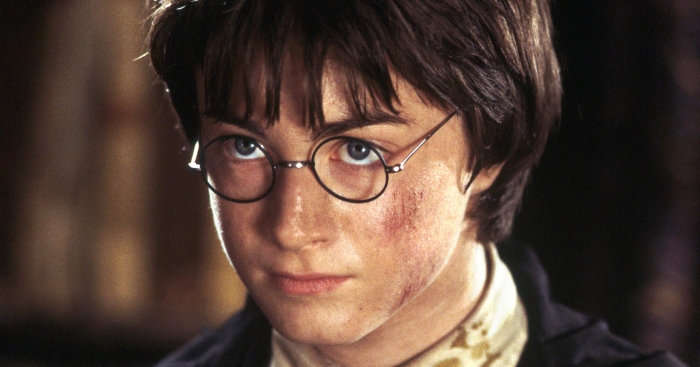
Mr. Potter…our…new…celebrity.
So there you have it. I’m sure at this point you either agree or you don’t, and I’m more than willing to hear you out in the comments of wherever I wind up posting this thing if you think you have a better answer (even if the better answer is that there’s nothing quite like Star Wars, the logic of which is hard to deny). And before it’s mentioned, yes: I do know that the mention of both Rush Hour and The Mummy is glaringly omitted here, but I sort of think those belong in my personal pantheon rather than in everyone’s.
